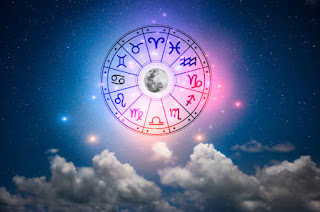In a devastating series of events, Israeli airstrikes on the southern Gaza city of Rafah have resulted in the loss of 22 lives, including 18 children. Health officials reported this heartbreaking news on Sunday. The strikes occurred as the United States was poised to approve billions of dollars in additional military aid to Israel, its close ally.
The first strike tragically claimed the lives of a man, his wife, and their 3-year-old child. Remarkably, doctors managed to save the unborn baby after the pregnant woman was killed. The second strike targeted an extended family, resulting in the deaths of 17 children and two women. The scene was one of grief and despair as small children were zipped into body bags.
The ongoing Israel-Hamas war has taken a devastating toll on the Palestinian population. Local health officials estimate that over 34,000 Palestinians have lost their lives, with at least two-thirds of the casualties being children and women. Gaza’s two largest cities have been left in ruins, and approximately 80% of the territory’s population has fled to other parts of the besieged coastal enclave.
Amidst this tragedy, there is a glimmer of hope. The $26 billion aid package approved by the U.S. House of Representatives includes around $9 billion in humanitarian assistance for Gaza. Experts warn that the region is on the brink of famine, making this aid crucial for the survival of its people. The Senate is expected to pass the package soon, and President Joe Biden has pledged to sign it immediately.
As the world grapples with the devastating impact of conflict, it is essential to remember the innocent lives lost and the urgent need for humanitarian support. The title of this article reflects both the tragedy and the hope: "Israeli Strikes in Rafah: Tragedy and Humanitarian Aid."
Let us continue to advocate for peace, compassion, and assistance to those affected by violence and displacement. Our collective efforts can make a difference in the lives of those who have suffered the most.



Comments
Post a Comment